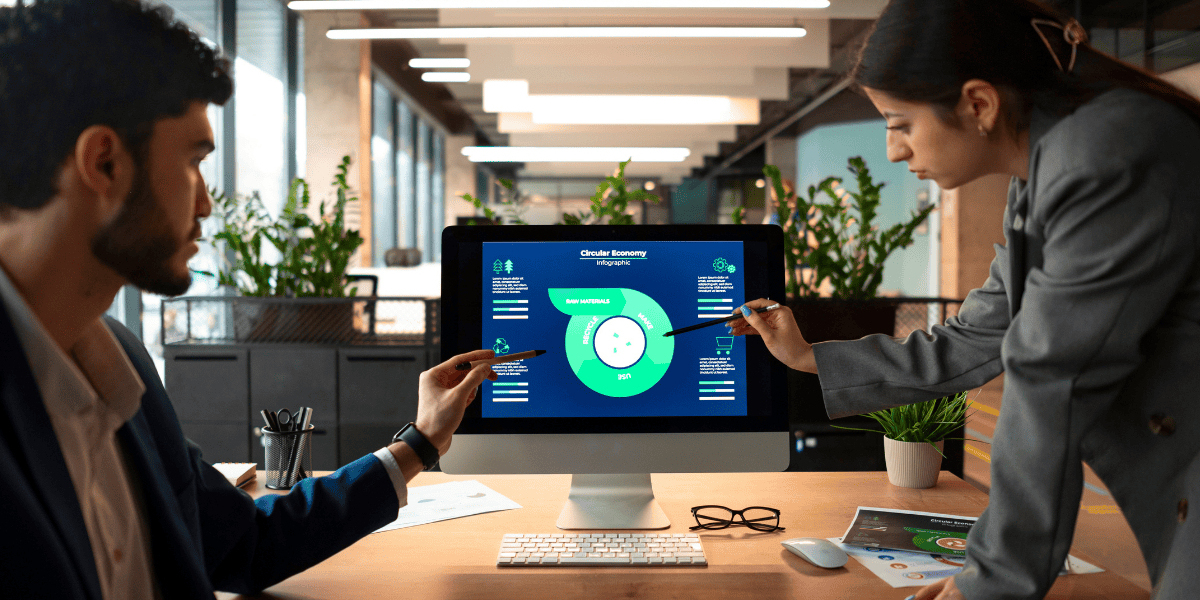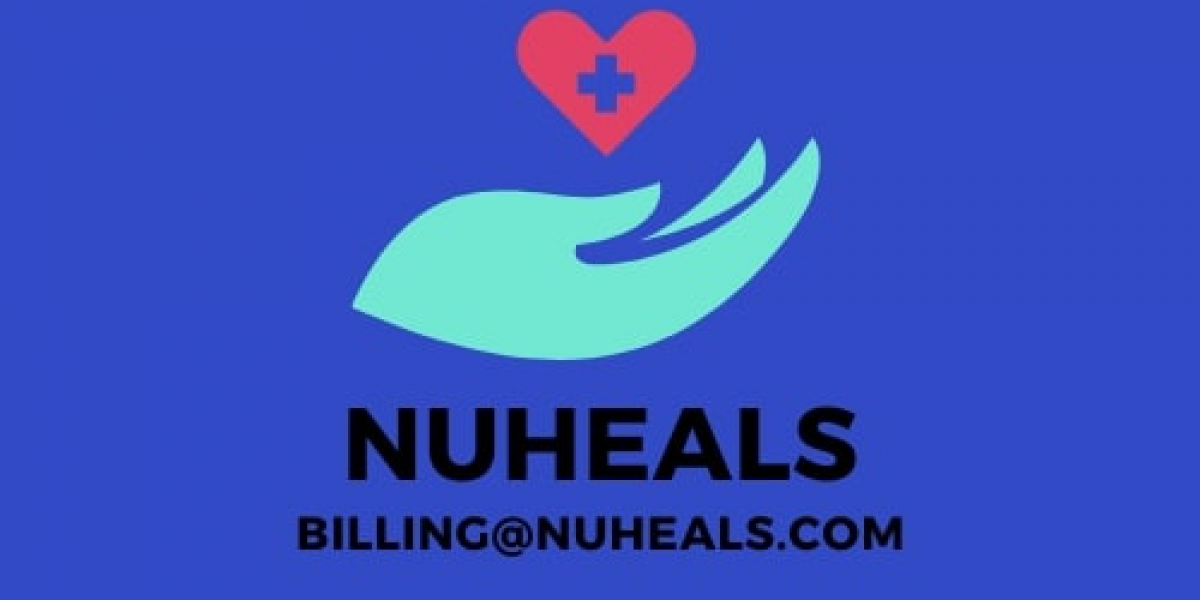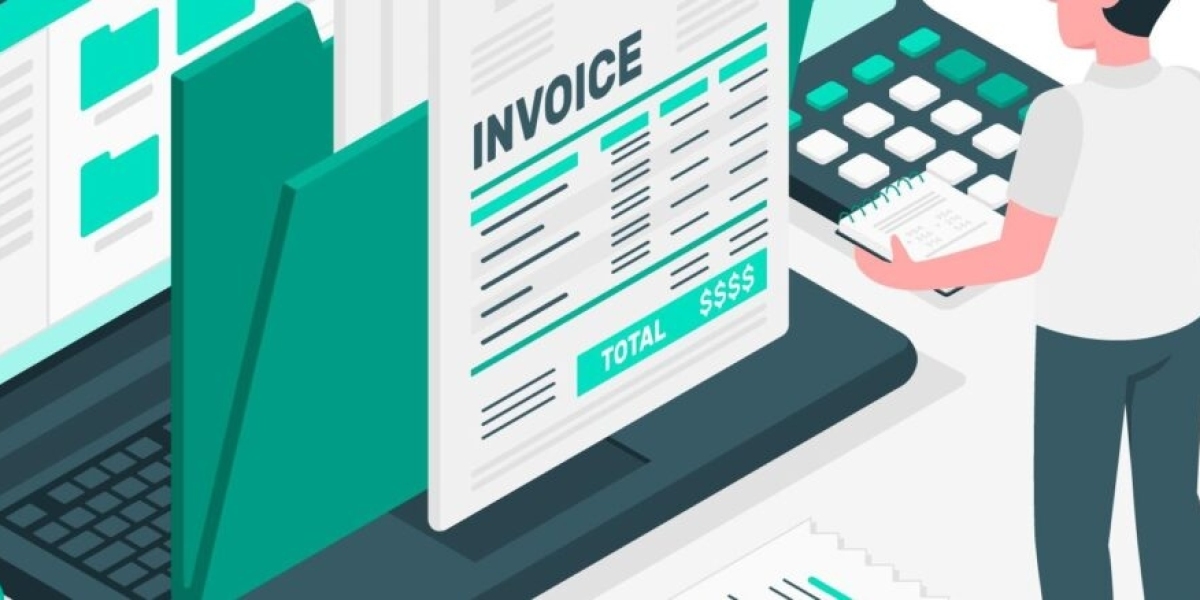Introduction to HRMS and Payroll Software
The efficient management of human resources and payroll processes is crucial for all businesses. HRMS and payroll software are created to streamline and automate these processes. What exactly are they, and why are they essential to modern businesses?
What is HRMS?
HRMS is a software that integrates HR functions such as the management of employees, recruitment and performance tracking, and compliance on one platform. It is the foundation for human resource management that ensures streamlined processes and better information management.
What is Payroll Software?
Payroll software automates salary calculation, tax compliance, and employee payment. It helps eliminate manual mistakes and guarantees timely and accurate processing of payroll.
Why Businesses Need HRMS and Payroll Software
Managing payroll and HR manually can result in problems and mistakes in the current fast-paced world. These tools will ensure your operations run smoothly, reduce administrative burdens, and increase employee satisfaction.
Key Features of HRMS
Employee Information Management
HRMS manages and stores information about employees, such as contact information, employment history, and performance data, making it easy to access and control.
Recruitment and Onboarding
From job announcements to selection of candidates and onboarding, HRMS streamlines hiring processes by reducing time and effort.
Performance Management
The process of tracking employee performance is made simpler with HRMS. It allows administrators to establish goals, track employees' progress, and give feedback.
Training and Development
HRMS assists employees in advancing their skills by controlling training schedules, analyzing learning outcomes, and identifying skills gaps.
Key Features of Payroll Software
Automated Payroll Processing
Payroll software automatically calculates salary bonuses, deductions, and other bonuses, reducing mistakes and ensuring timely payment.
Tax Calculation and Compliance
The software is constantly updated with tax laws, ensuring exact deductions and adherence to rules.
Employee Self-Service Portals
Employees can access payslips, tax forms, and other data through self-service portals, increasing their work's transparency.
Integration with Other Systems
Payroll software is integrated with HR and accounting systems, creating an unimpeded data flow.
Benefits of Using HRMS and Payroll Software
Enhanced Efficiency
Automation cuts down the time spent doing repetitive tasks, allowing HR personnel to focus on important initiatives.
Improved Compliance
These tools guarantee compliance with rules of the law and tax laws and reduce the risk of being penalized.
Better Decision Making
With centralized information and analytics, companies can make educated decisions regarding payroll and HR.
Cost Savings
Although the initial cost may appear high, the long-term benefits of effectiveness and precision outweigh the expenses.
Challenges of Implementing HRMS and Payroll Software
High Initial Costs
The initial investment in advanced software is often significant, particularly for small-sized businesses.
Resistance to Change
Employees might be reluctant to adopt new technologies without the proper training and management of changes.
Data Security Concerns
The storage of sensitive employee information digitally requires robust security measures to guard against data security breaches.
How to Choose the Right HRMS and Payroll Software
Assess Your Business Needs
Determine the issues in HR and Payroll your company faces and select the right software for your needs.
Compare Features and Pricing
Consider various choices to find a program that gives the most value for the money you spend.
Check Scalability and Integration
Ensuring the software grows as your company expands and integrates with your existing tools is essential.
Read User Reviews and Ratings
Feedback from users can offer useful information about the software's performance and reliability.
Trends in HRMS and Payroll Software
Cloud-Based Solutions
Cloud technology allows flexibility and scalability with remote payroll and access to HRMS tools.
AI and Automation
Artificial intelligence can streamline recruitment, employee engagement, and payroll calculation processes.
Mobile Accessibility
The software is mobile-friendly and allows HR teams and employees to manage their work on the go.
Employee Wellness Integration
Modern solutions incorporate features to improve employee health and wellness, which promotes an environment that is healthier for employees.
Conclusion
HRMS and Payroll Software are essential tools for companies to streamline processes, improve compliance, and increase employee satisfaction. With the right tools, businesses can reduce time, reduce mistakes, and concentrate on growth strategies.
FAQs
What's the difference between payroll and HRMS software?
HRMS manages all HR functions, while the payroll software concentrates on processing salaries and compliance.
Does HRMS software manage the payroll process?
Several HRMS solutions include payroll features and offer a complete platform.
How much are costs related to HRMS and Payroll software?
Costs differ based on the features, scalability, and the company and range from budget-friendly solutions for small-scale businesses to top-quality enterprise-level tools.
Can you safely keep employees' data in a cloud-based HRMS?
The most trusted vendors use secure encryption and security precautions to guard sensitive information.
What can small-scale businesses do to profit from HRMS and payroll software?
Smaller businesses can reduce time, decrease errors made through manual processes, and guarantee compliance while increasing employee satisfaction.









